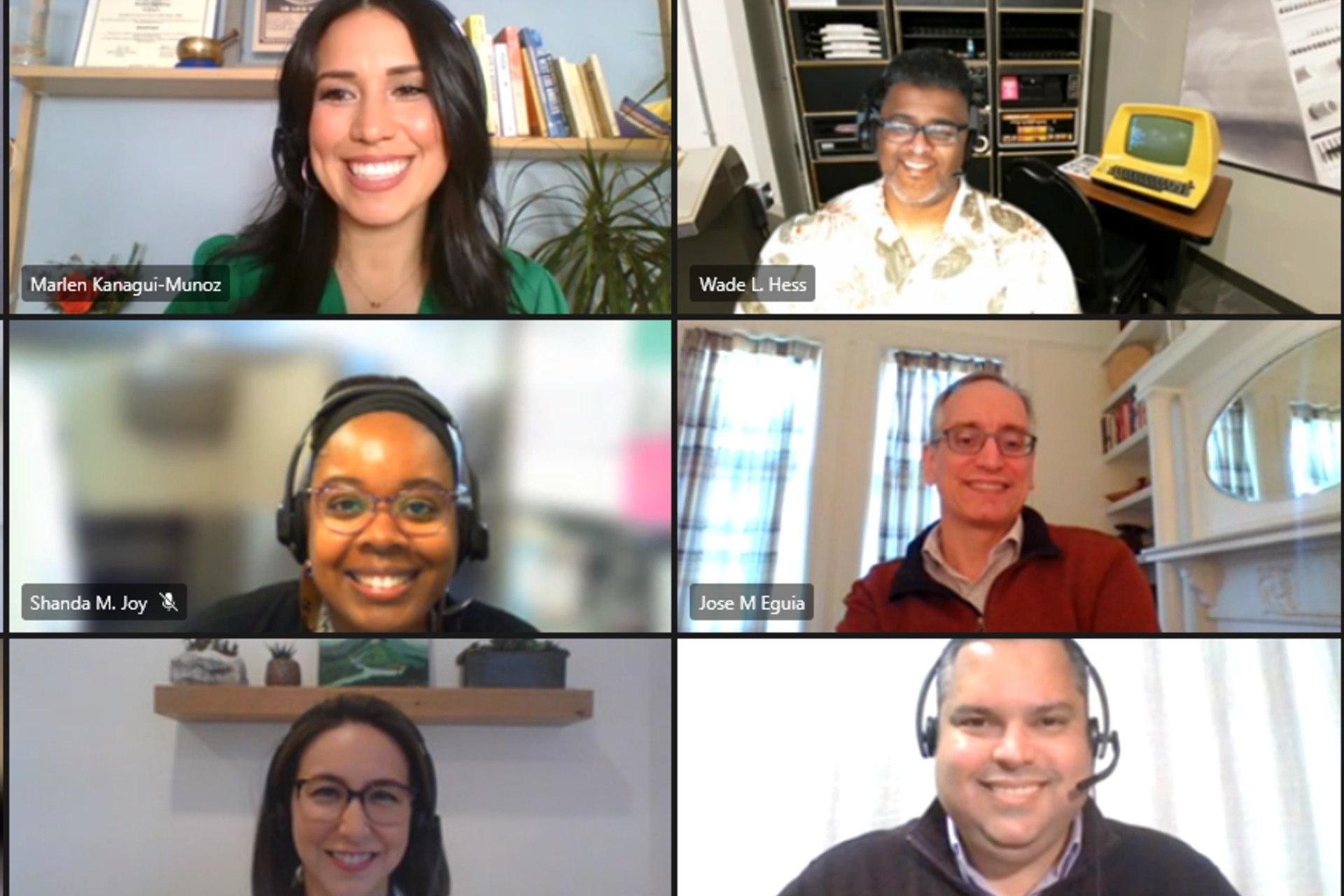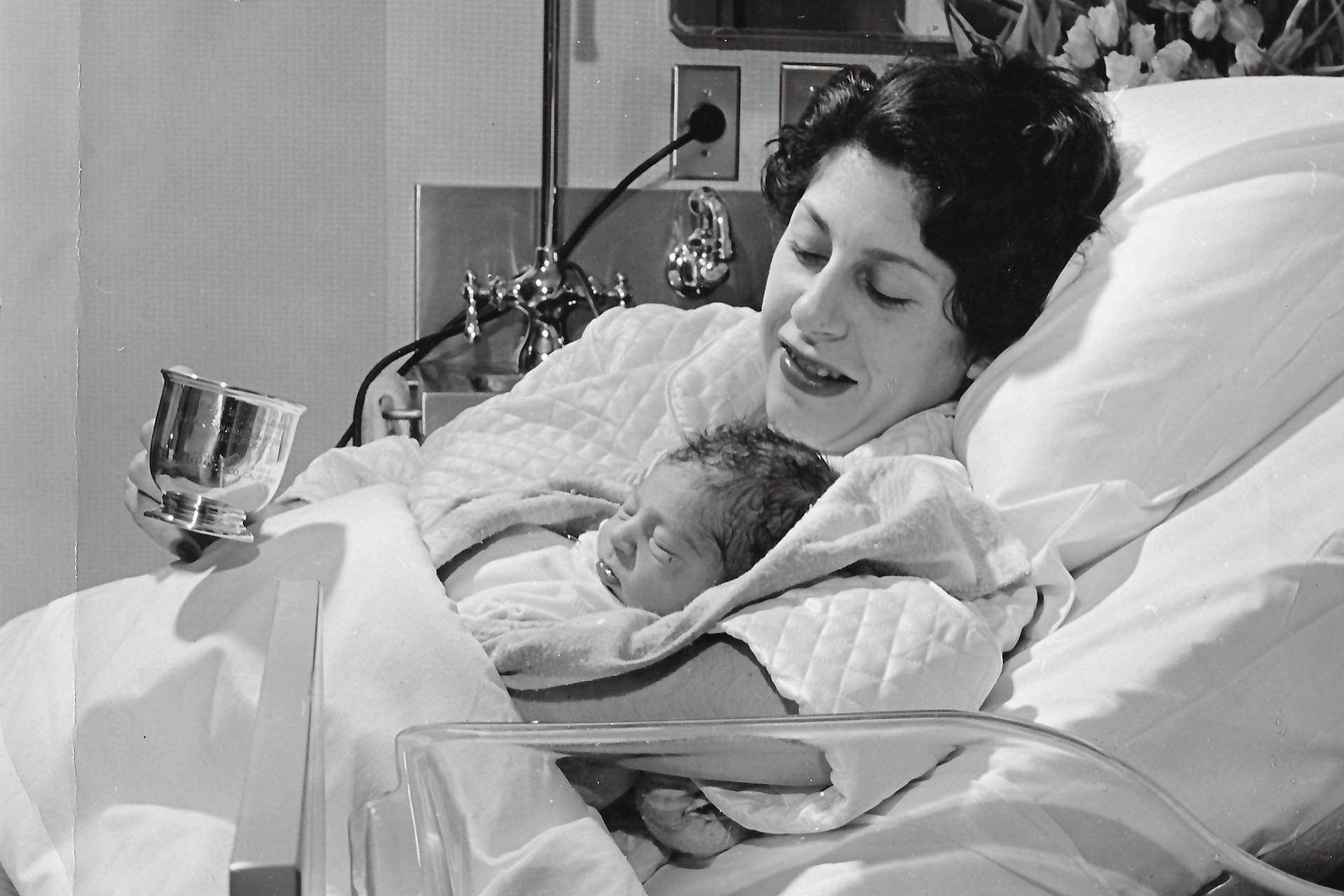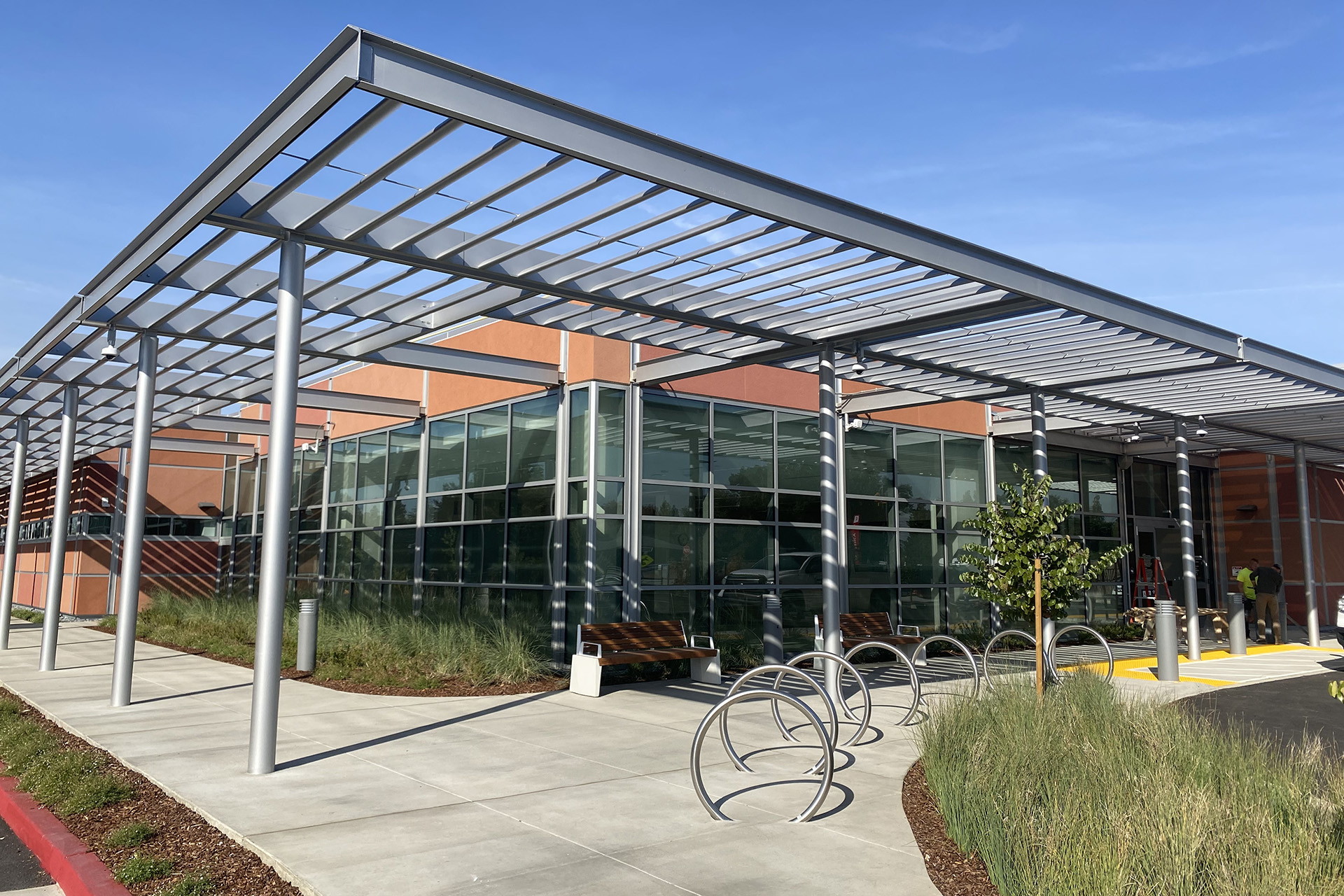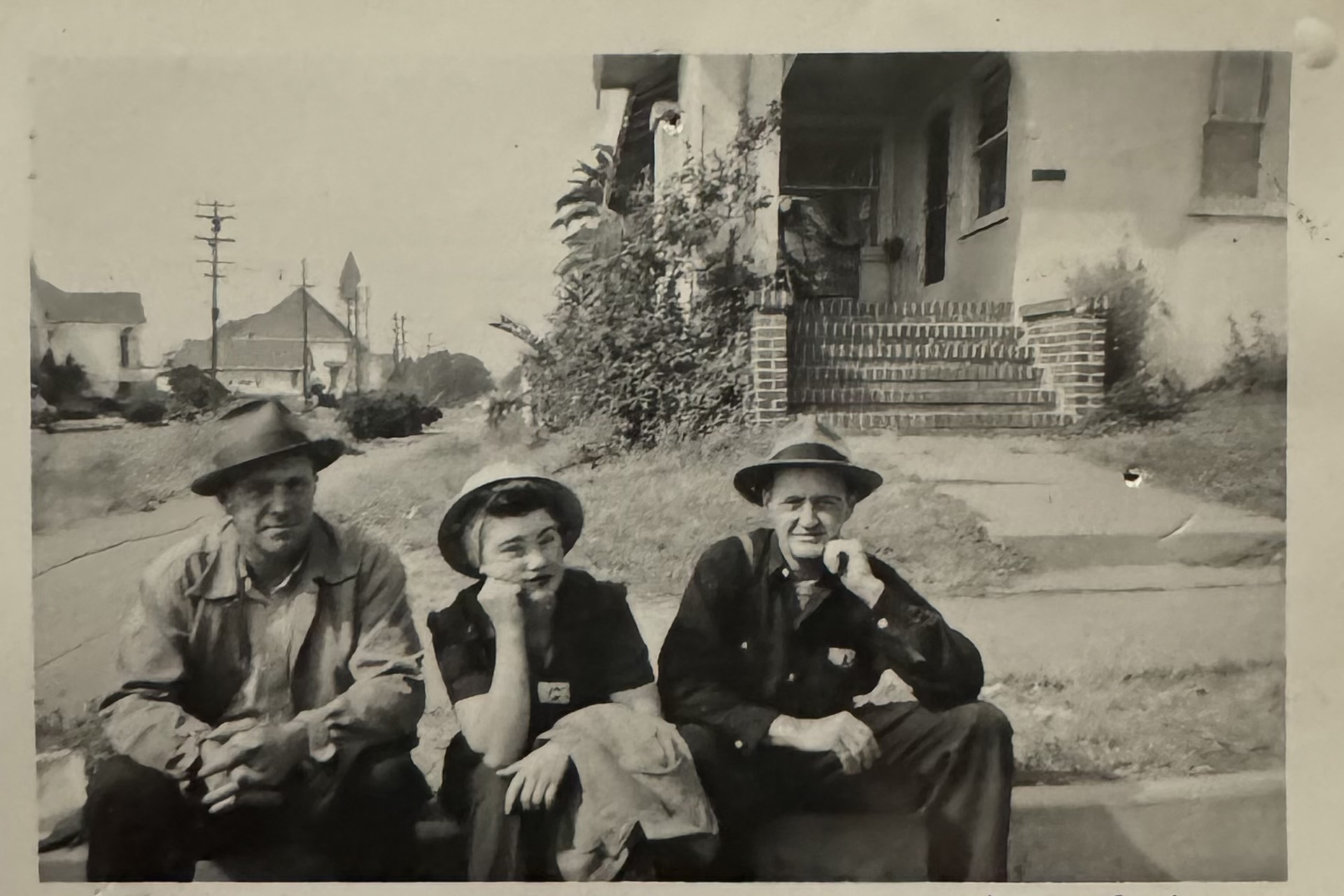The COVID-19 pandemic has shown a bright light on the significant health care disparities among African American, Latino, and other minority communities, including a lack of resources, barriers to quality health care, and social determinants of health.
To help close this disparity, 2 employees from Kaiser Permanente East Bay created the East Bay HouseCalls program. The virtual education sessions, hosted on Microsoft Teams Live, bring together Kaiser Permanente physicians and other clinicians to deliver valuable, culturally sensitive information on how to prevent and manage health conditions from diabetes to COVID-19. The interactive sessions are open to all Kaiser Permanente members and the public.
“The pandemic made these huge disparity gaps even more evident, and we knew something needed to be done,” said Kimberlli Walker, a project manager for the East Bay Outpatient Quality team and co-founder of the East Bay HouseCalls.

Since the program’s inception last spring, 5 sessions, 2 hosted in Spanish, have been held. Topics have ranged from reducing mental health stigma in the African American community and living with diabetes during the pandemic to a conversation about the COVID-19 vaccine. More than 400 people attended the most recent call.
“We wanted to use a virtual platform to help our Latinx and African American communities feel supported and encouraged about their health care,” added Janet Lai, MD, medical director for Outpatient Quality at Kaiser Permanente Oakland and co-founder of the program.
The program was inspired by Kaiser Permanente South Sacramento’s telephone group visits, which educated members on similar topics, but only verbally. Walker and Lai wanted to create a visually engaging session that members could watch from home during the pandemic.
Designed for and by members
The virtual 1-hour sessions, held every 6 weeks, are influenced by the needs of its attendees. A survey is given to anyone who has signed up for a call, and the results help shape the narrative of the presenters of that call. Additionally, 30 minutes of the session are dedicated to answering questions from the viewers.
“We wanted our participants to feel empowered to ask whatever question they needed and have a safe space to do that,” Dr. Lai said.

This ensures attendees get the information they need in a way that is understandable and relatable.
“The calls are hosted by physicians who look like and have similar cultural experiences as the people watching,” Walker said. “They also innately understand the health issues of the participants’ communities and can speak to them in a real way.”
A need for culturally responsive information
Alexandra Abreu Boria, a program manager for a health care nonprofit, was referred to East Bay HouseCalls by Walker. She listened in on the Spanish session about the COVID-19 vaccine. It covered COVID-19 prevention measures and dispelled myths about the vaccine and explained how it works.
Valuable resources and tools that are patient-centered and easily understandable are hard to come by in her community, Abreu Boria said.
“These calls are very rooted in equity and are reaching populations normally marginalized in the health care system,” she said. “From my own experience as a member of the Hispanic community, it’s difficult to find resources and education tools that are grounded in community.”
She went on to say that Spanish educational materials from health organizations tend to be verbatim translations, instead of being truly culturally responsive.
“It’s refreshing to see people from your community speaking about topics that directly affect you because it can be difficult to find people who look like me in these spaces,” said Abreu Boria, now a North Carolina resident.
The long-term mission of East Bay HouseCalls is to is to create a lasting conversation around healthy lifestyle choices, self-advocacy, and best practices in the prevention of chronic disease among Kaiser Permanente members.
Watch the next HouseCalls March 31 titled, Protecting your Future from the Bottoms Up: The Importance of Colorectal Cancer Screening.





This Post Has 0 Comments